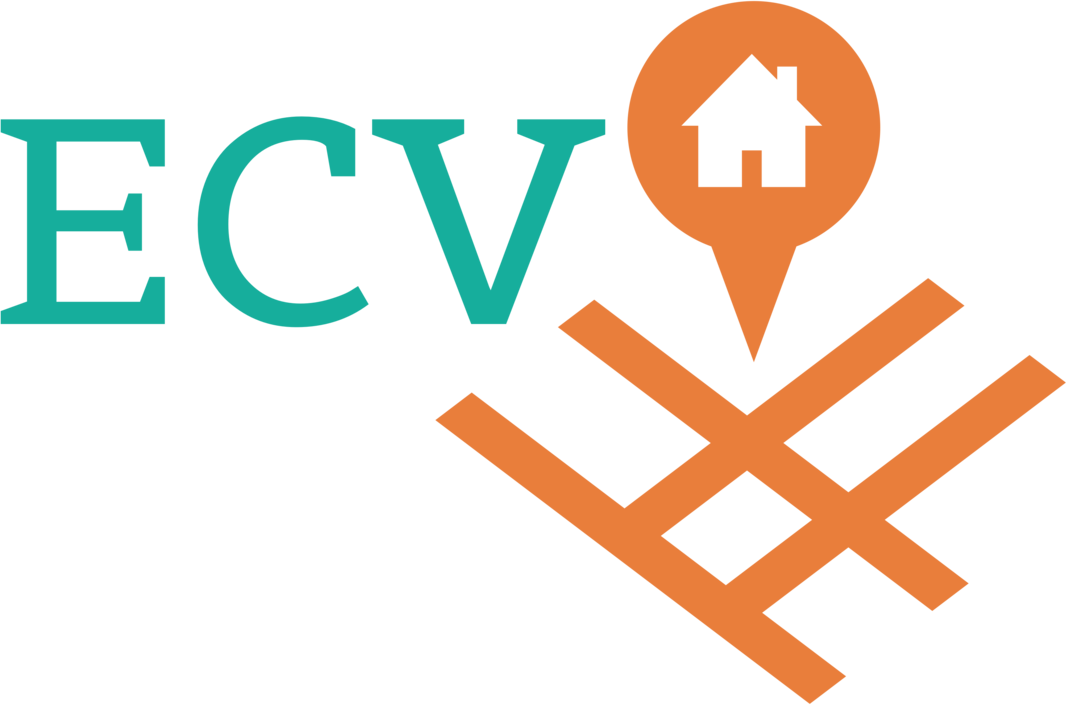Elder Abuse Awareness Day: Why It Matters
Elder abuse is a reality that affects countless seniors worldwide, and its prevalence demands our attention and action. That is why Elder Abuse Awareness Day holds such significance. Elder Abuse Awareness Day, observed annually on June 15, is a powerful reminder of the need to shed light on this issue. It is a day dedicated to raising awareness, fostering understanding, and encouraging action to prevent and combat elder abuse.
Elder Abuse Awareness Day is an important day for caregivers and care providers to enhance their knowledge about warning signs, and prevention strategies. It is important for caregivers and care providers to contribute to creating a safer and more respectful environment for older adults, promoting their overall health and happiness.
What is Elder Abuse Awareness Day?
Elder Abuse Awareness Day began through the collaboration of the International Network for the Prevention of Elder Abuse (INPEA) and the World Health Organization (WHO). It was officially designated by the United Nations General Assembly in 2006. Since then, it has served as an annual global initiative to raise awareness about elder abuse, promote prevention, and support victims. The day has sparked international efforts to address elder abuse as a pressing public health and human rights issue.
Understanding Elder Abuse
Elder Abuse is defined by the World Health Organization as “an intentional act, or failure to act, by a caregiver or another person … that causes harm to an adult 60 years and older.”. Statistics from the U.S. Department of Justice reveal that approximately 10% of adults aged 65 and older experience elder abuse yearly.
Physical abuse
Physical abuse involves acts or behaviors that cause pain, injury, or impairment to an older person. This can include hitting, pushing, restraining, or improperly administering medication.
Emotional or psychological abuse
Emotional Abuse involves Inflicting emotional pain, anguish, or distress through verbal or non-verbal actions. Examples include intimidation, threats, humiliation, or isolating the older adult from social interactions.
Sexual abuse
Sexual abuse involves any non-consensual sexual contact, advances, or activities with an older adult, including those who may be incapable of giving consent due to physical or cognitive impairments.
Financial exploitation
Financial abuse is the unauthorized or improper use of an older adult's funds, assets, or property. This can include theft, fraud, coercion, or deception to obtain control over their finances or belongings.
Neglect
Neglect is failing to meet the basic needs of an older adult, such as providing adequate food, shelter, healthcare, and emotional support. Neglect can be intentional or due to caregiver incompetence or insufficient resources.
How You Can Get Involved
Whether you are a caregiver or not, there are several steps that you can take in order to help spread awareness about Elder Abuse. By doing this, you are helping to spread light on this issue.
Spread Awareness Using Social Media
Engaging in social media platforms is a powerful way to raise awareness about elder abuse. Share informative articles like this, statistics, and personal stories related to elder abuse on your social media accounts. Use relevant hashtags and encourage your friends, followers, and connections to join the conversation. By spreading the message and educating others, you contribute to the broader awareness movement and reach a wider audience.
Participating in Local Events and Campaigns
Look for local events, workshops, or seminars organized by community organizations, healthcare providers, or advocacy groups focusing on elder abuse. Attend these events to learn more about the issue, connect with like-minded individuals, and contribute to the cause. You can also participate in awareness campaigns, walks, or fundraisers dedicated to raising funds and increasing visibility for organizations working to prevent and address elder abuse.
Donating to or volunteering with organizations addressing elder abuse
Support organizations that focus on elder abuse prevention, victim support, and advocacy. Consider making a financial contribution to these organizations to help fund their programs and initiatives. Alternatively, you can volunteer your time and skills to assist with their activities, events, or awareness campaigns. Your involvement can make a difference in supporting victims and implementing prevention strategies.
How to Report Elder Abuse
If there is no immediate danger but you are suspecting that abuse is happening or has happened, you can relay your concerns to the local adult protective services, here you can select your state and it will give you the hotline to call.
If an older adult is in immediate danger or requires urgent medical attention, contact emergency services right away by dialing the emergency hotline in your country (e.g., 911 in the United States)
It is important to know these hotlines and the proper procedure to report suspected or witnessed abuse. There is no time to delay in this case because the lives of the elderly is affected. Remember, your involvement in raising awareness and taking action against elder abuse is crucial. Each small step you take can collectively make a significant impact. Whether it's spreading information online, actively participating in events, supporting organizations, or advocating for change, your efforts contribute to creating a safer and more respectful environment for older adults. Together, we can work towards a society.
Sharing this blog is one thing that you can do to help spread awareness about Elder Abuse. We need your collective effort to initiate a change and spread light on this issue.

